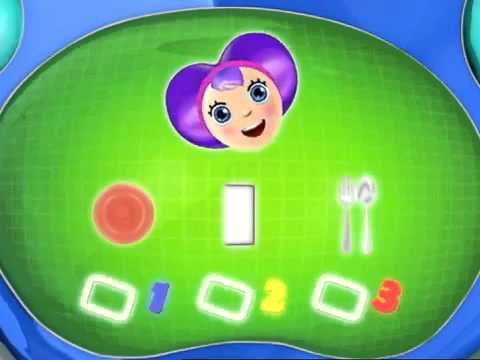As established, I watch a lot of kids’ shows. Frankly, these days, I watch more kids’ shows than any other programming. I’m not happy about this, but I’d be happier if the creators didn’t shackle themselves as much as they do. A recurring problem on these shows is the show where the set-up in some way limits the action. The show is based on one thing, or in some cases one plot, and every episode has to conform to the plot in some way. Even when that doesn’t make sense. And the show is worse for it.
There are examples of this in adults’ shows as well, but I’m going to stick to kids’ shows because I know them better and because it’s easier to give specifics. But think how Kevin Smith, when he appeared on Law & Order, said he didn’t want to be the guy who did it, or the guy who led them to the guy, but the guy who led them to the guy who led them to the guy. Sure, that’s how a lot of real-life cases work, but Law & Order does tend to follow a certain progression. And that’s okay, inasmuch as they aren’t afraid to break the formula when there’s a reason. It just feels as though kids’ shows are a lot more afraid to break their formula.
A big problem is when there’s a number of things, and it’s always that number. Usually three. In True and the Rainbow Kingdom, True always needs three wishes to resolve the issue. On Special Agent Oso, Paw Pilot always gives Oso his Three Special Steps. And if the solution doesn’t logically require three of the thing, well, we’ll find a way to make it take three steps or three wishes or what have you. That leads to some of the dumbest episodes, where you’re left thinking, “Well, why did they do that?” They did that because they had to in order to fit the limitations of their own plot.
Similarly, the need to Learn a Valuable Lesson can be an issue. In PJ Masks, there’s always a need to show that everyone is at fault. Even when they’re not. Even when one character has been objectively harmed by the others and was right all along, it’s still somehow partially their fault for not standing their ground or whatever. Which is awful and victim-blaming, and it happens all the time. Sometimes, they’ll make a character act in a way they don’t usually in order to have them at fault as well, just to prove that everyone is to blame when things go wrong. I suppose it’s to teach kids that they have to be aware of the consequences of their actions; if they act like a jerk, it’ll cause others to act like jerks as well. But that isn’t always why people act like jerks.
I mean, to a certain extent, I get why they do it. Kids find familiarity in repetition. They find it comforting. On the other hand, my daughter Irene is not-quite-two. She has seen Pocoyo through ten or fifteen times at least and enjoys it every time. In fact is ridiculously excited every time and will jump up and down and point things out to me in her fractured English. (“Pocoyo ball! Ehyee!” That latter being her attempt at “Ellie.”) And so far as I can tell, the formula of Pocoyo is “a bunch of stuff happens to Pocoyo and his friends.”
Our Amazon Prime expired this week; keep me in awful children’s shows by supporting my Patreon!


